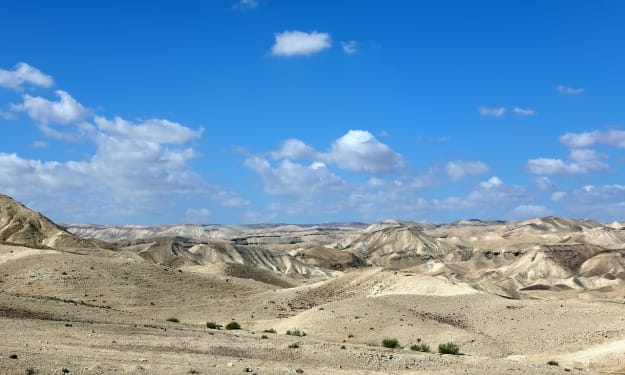Brazil: "A Multicultural Giant with Endless Possibilities"
Exploring the Diversity, Creativity, and Challenges of Brazil's Vibrant Society.

Brazil is the largest country in South America and the fifth-largest country in the world by both land area and population. It covers over 8.5 million square kilometers and has a population of over 211 million people. The country is known for its rich culture, diverse wildlife, and natural beauty.Brazil is a federal presidential republic, with the President as the head of state and the government. The country's official language is Portuguese, and it is the only Portuguese-speaking country in the Americas. Brazil is also home to several indigenous languages, which are recognized as official languages in certain regions of the country.
One of Brazil's most significant cultural contributions is its music, which has influenced genres around the world, including samba, bossa nova, and choro. Brazil is also known for its love of football, and its national team has won five World Cup titles, the most recent being in 2002.
Brazil is home to several natural wonders, including the Amazon rainforest, which covers over 60% of the country's land area. The Amazon is the largest tropical rainforest in the world and is home to an estimated 10% of the world's known species of plants, animals, and insects. Brazil is also home to the Iguazu Falls, a series of waterfalls that stretch over 2.7 kilometers and are a UNESCO World Heritage Site.Brazil's economy is one of the largest and most diverse in the world, with a mix of agriculture, manufacturing, and service industries. The country is a leading producer of several commodities, including coffee, soybeans, and beef. Brazil is also home to several multinational corporations, including Petrobras, Vale, and Embraer.
Brazil's education system faces several challenges, with significant disparities in access to education and quality of education between different regions and socio-economic groups. However, the country has made significant progress in recent years, with improvements in literacy rates and investments in programs to improve access to education. Brazil is also home to several leading universities, including the University of São Paulo, which is ranked among the top universities in Latin America.
Despite its many strengths, Brazil also faces several challenges, including poverty, inequality, and violence. The country has made progress in recent years, with a reduction in poverty and an increase in social programs aimed at helping the most vulnerable members of society.
In conclusion, Brazil is a fascinating and complex country with a rich culture, diverse wildlife, and stunning natural beauty. Despite its challenges, Brazil has made significant strides in recent years and remains a key player on the global stage.
Brazil is the only country in South America to have been colonized by the Portuguese, who arrived in 1500. The Portuguese monarchy moved to Brazil in 1808, making it the only European capital to be located outside of Europe until 1821.
The country's official name is the Federative Republic of Brazil, and it is divided into 26 states and one federal district.
Brazil has a rich history of art and literature, with famous artists such as Candido Portinari and writers such as Jorge Amado, Machado de Assis, and Paulo Coelho.
Brazil is also famous for its annual Carnival celebration, which takes place in the lead-up to Lent. Carnival is a massive street party with music, dancing, and colorful costumes that attract millions of visitors each year.
The country has a diverse population, with indigenous peoples, Afro-Brazilians, and people of European, Middle Eastern, and Asian descent. Brazil has the largest population of people of African descent outside of Africa.
Brazil is the world's largest producer of coffee, soybeans, and oranges, and is also a significant producer of corn, sugar, and beef.
The Amazon rainforest, which is home to several indigenous communities, is also under threat from deforestation, mining, and climate change. Brazil has made some efforts to protect the rainforest, including establishing protected areas and reducing deforestation rates in recent years.
Brazil has hosted several major international events, including the 2014 FIFA World Cup and the 2016 Summer Olympics in Rio de Janeiro.
About the Creator
Reader insights
Nice work
Very well written. Keep up the good work!
Top insight
Easy to read and follow
Well-structured & engaging content





Comments
There are no comments for this story
Be the first to respond and start the conversation.